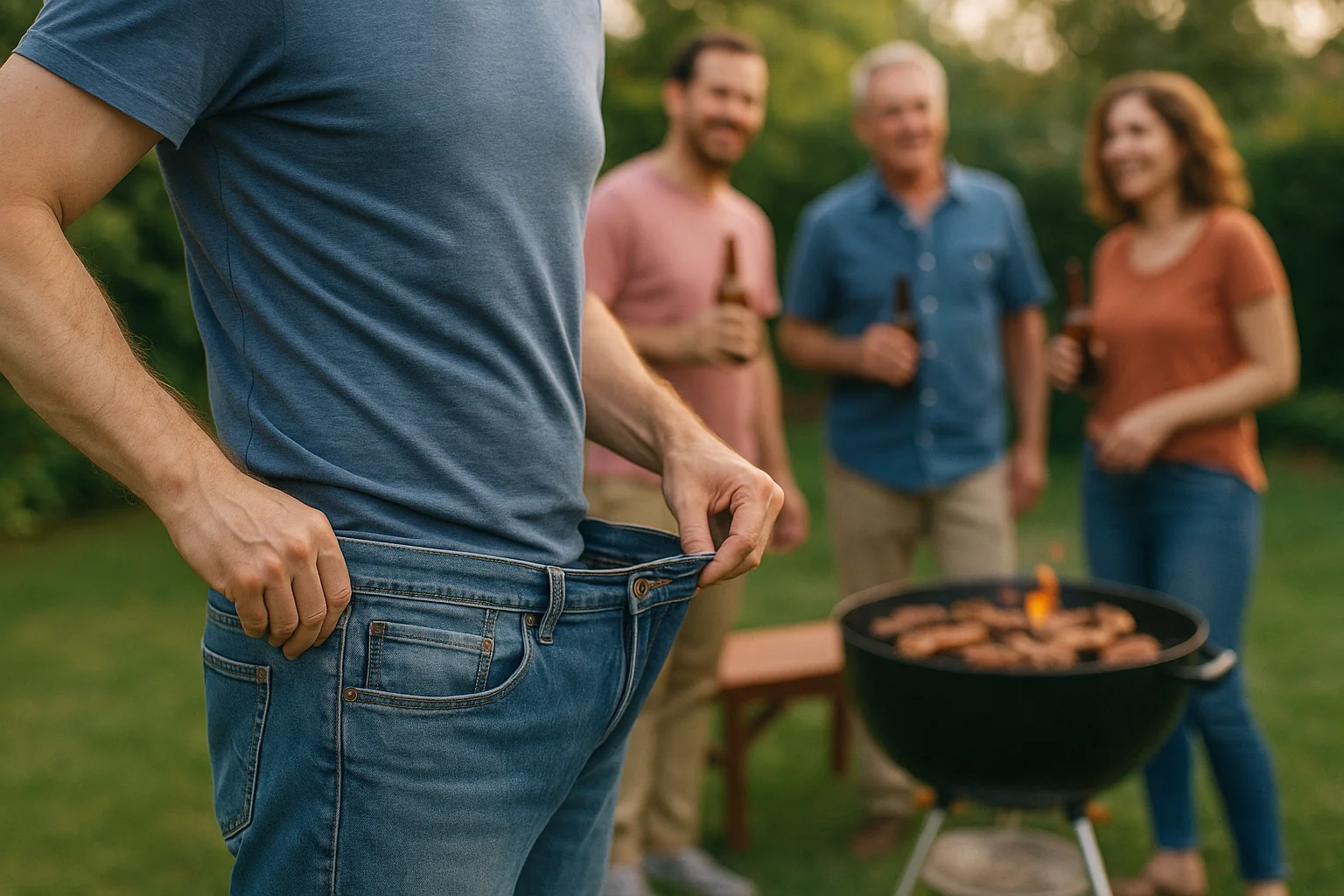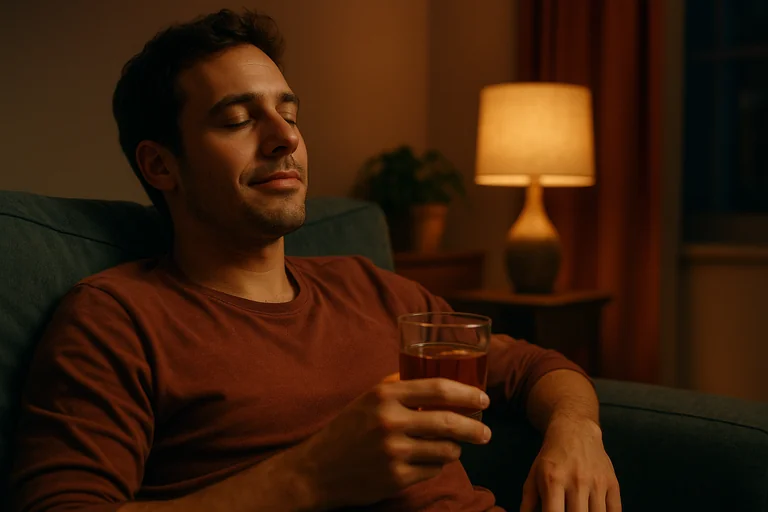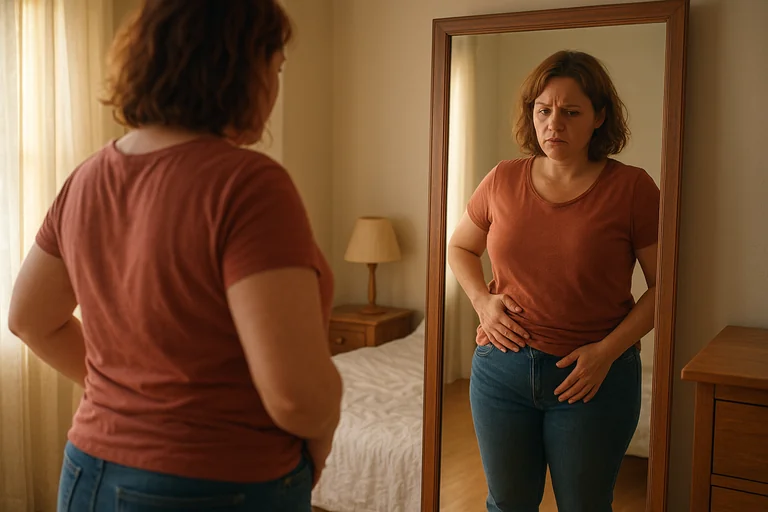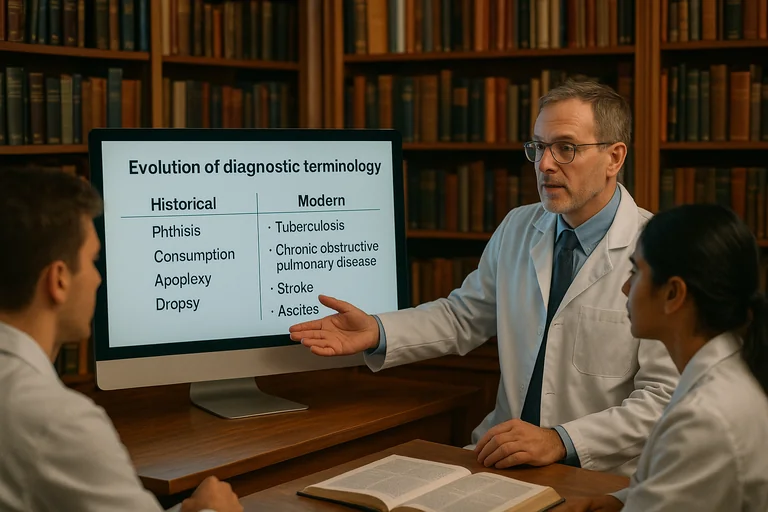A 2 minute assessment to get a personalized mental health or alcohol recovery plan.
Taking GLP-1 and drinking alcohol is considered safe, but you may not crave it as much when you’re on medications like semaglutide. Here’s why.
What You’ll Discover:
- What glucagon-like peptide 1 (GLP-1) is and its function.
- What GLP-1 antagonist medications do.
- If alcohol and GLP-1 medications are safe when consumed together.
- How GLP-1 medications impact alcohol cravings.
- Why there’s interest in using GLP-1 for alcohol use disorder.
Can you drink alcohol while taking GLP-1 medications? Sure, but you may actually want to drink less alcohol for a few reasons.
Many medications are developed with one purpose in mind and during the process it’s discovered that they have additional benefits. That appears to be the case with GLP-1 medications like semaglutide.
Glucagon-like peptide 1 (GLP-1) is a hormone that prompts the release of insulin and reduces glucagon, both of which lower blood sugar levels. GLP-1 also plays a role in slowing down digestion and reducing appetite, two effects that can promote weight loss.
GLP-1 receptor agonists are a group of medications that have been developed to treat type 2 diabetes and obesity. The medications mimic GLP-1 in the body to better regulate blood sugar levels and control appetite.
While these are medically proven benefits, many people have reported that they also reduced their alcohol consumption while taking GLP-1 medications. The incidental occurrences have led researchers to take a closer look at the relationship between alcohol and GLP-1. Now new clinical trials are finding that GLP-1 semaglutide medications can in fact reduce alcohol consumption.
GLP-1 Medication Side Effects May Have You Drinking Less
One of the reasons for reduced alcohol consumption could be a causal effect. Taking medication that mimics GLP-1 and drinking alcohol may not be ideal for people who experience side effects. The most common side effects for GLP-1 agonists are nausea, vomiting and diarrhea. Even experiencing just one of those side effects is likely to discourage alcohol consumption that can further disrupt the digestive tract making GLP-1 side effects worse.
Another side effect that can be a factor is dehydration. GLP-1 medications can increase dehydration, which is also the case with alcohol. If you do choose to drink alcohol it’s important to drink plenty of water to stay properly hydrated.
While Taking GLP-1 Alcohol Cravings Could Decrease
Side effects aside, there’s another reason people may not have the urge to drink while taking GLP-1 medications. GLP-1 and alcohol consumption don’t go hand-in-hand because of how medications like semaglutide work in the brain.
Both patient reporting and preclinical evidence have suggested that the use of GLP-1 medications reduces voluntary alcohol consumption. New research is revealing that GLP-1 agonists impact the reward center of the brain, decreasing the dopamine production associated with alcohol consumption. As a result, cravings for alcohol are reduced.
One of the latest studies that verified this examined patients in real world settings that were using GLP-1 medication to treat obesity. Another double-blind randomized trial involved clinical observations of patients with alcohol use disorder to look more specifically at the impact GLP-1 agonists have on alcohol consumption versus a placebo. Though the study subjects were vastly different the outcomes were the same - alcohol consumption voluntarily decreased.
In addition to GLP-1 agonists’ effect on the dopamine system, there could be a few other factors at play that make it effective for reducing alcohol cravings and consumption. Some researchers have theorized that increased satiety plays a role. There’s also evidence from preliminary research that GLP-1 medications can reduce stress, depression and anxiety, however the exact mechanisms for this aren’t yet known. But if GLP-1 medications like semaglutide do have mood enhancing benefits that could be another factor in helping people who self-medicate with alcohol reduce their consumption.
A number of clinical trials are currently underway that are aimed at proving whether or not GLP-1 medications are a viable treatment for alcohol use disorder, so we should have definitive answers in the near future.
In addition to off-label GLP-1 agonist medications like semaglutide, there are several medications that have already been FDA-approved for the treatment of alcohol use disorder. Naltrexone is one option that’s been shown to significantly reduce alcohol cravings to help people drink less or quit drinking alcohol entirely.
If you’re interested in exploring medications that are proven to help people drink less, take our Alcohol Use Assessment. It will tell you if you’re a candidate for naltrexone and other medications that can be prescribed online and shipped directly to your home, giving you more control over alcohol consumption.




